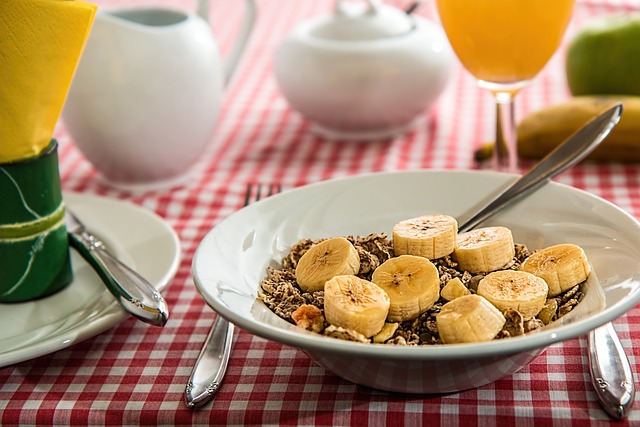Discover the Science Behind Probiotics: Exploring the Microbiome
When it comes to maintaining a healthy lifestyle, the importance of gut health cannot be overlooked. The human gut is home to trillions of bacteria, both good and bad. In recent years, there has been a growing interest in harnessing the power of these beneficial bacteria, known as probiotics, to improve our overall health and well-being.
Probiotics are live microorganisms that, when consumed in adequate amounts, provide health benefits to the host. These friendly bacteria can be found in certain foods and dietary supplements.
The Microbiome: A Complex Ecosystem
Before we delve into the science behind probiotics, let’s take a closer look at the microbiome. The microbiome refers to the community of microorganisms living in and on our bodies. While the gut microbiome is the most well-known, there are also microbiomes in other areas, such as the skin, mouth, and reproductive system.
The gut microbiome, in particular, plays a vital role in digestion, nutrient absorption, immune function, and even mental health. It is a complex ecosystem consisting of bacteria, viruses, fungi, and other microorganisms.
The Benefits of Probiotics
Studies have shown that probiotics can have several health benefits, including:
- Improved Digestion: Probiotics help break down food and aid in nutrient absorption, promoting better digestion.
- Enhanced Immunity: Certain strains of probiotics have been found to support the immune system and reduce the risk of infections.
- Reduced Inflammation: Inflammation in the body is linked to various chronic conditions. Probiotics can help reduce inflammation and potentially lower the risk of diseases.
- Management of Digestive Disorders: Probiotics have shown promising results in managing conditions like irritable bowel syndrome (IBS), inflammatory bowel disease (IBD), and diarrhea.
- Improved Mental Health: Emerging research indicates a connection between the gut and the brain, often referred to as the gut-brain axis. Probiotics may play a role in improving mental health and reducing symptoms of anxiety and depression.
Choosing the Right Probiotic
With numerous probiotic products available, it’s important to select the right one for your needs. Here are a few factors to consider:
- Strain Specificity: Different strains of bacteria have different effects on the body. Look for a probiotic that targets your specific health concern.
- CFU Count: CFU, or colony-forming units, indicate the number of viable organisms in a probiotic supplement. Higher CFU counts are generally considered more effective.
- Survivability: Check if the probiotic is able to survive the acidic environment of the stomach and reach the intestines, where it can have the most benefit.
- Additional Ingredients: Some probiotic supplements may contain prebiotics, which serve as food for the probiotics and further support their growth. Others may include additional vitamins or minerals.
- Quality and Reputation: Choose probiotics from reputable brands that prioritize quality and conduct third-party testing.
Integrating Probiotics into Your Routine
Probiotics can be found in several natural food sources, such as yogurt, kefir, sauerkraut, kimchi, and tempeh. However, if you prefer a more convenient option, probiotic supplements are readily available.
It’s important to note that while probiotics are generally considered safe for most people, certain individuals, such as those with compromised immune systems or underlying health conditions, should consult with a healthcare professional before starting any new supplements.
To maximize the benefits of probiotics, it’s recommended to take them consistently and as directed by the product label or your healthcare provider.
The Future of Probiotics
Research into the microbiome and probiotics is still in its early stages, and scientists continue to uncover the potential of these beneficial bacteria. Ongoing studies aim to determine the most effective strains for specific health conditions, explore personalized probiotic therapies, and understand the intricate relationship between the microbiome and overall health.
As our understanding of the microbiome and probiotics advances, we can expect the development of new and innovative products that target specific health concerns and provide personalized solutions.
In conclusion, the science behind probiotics







